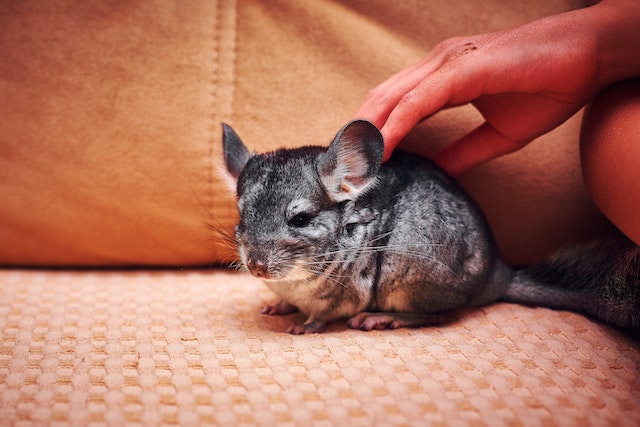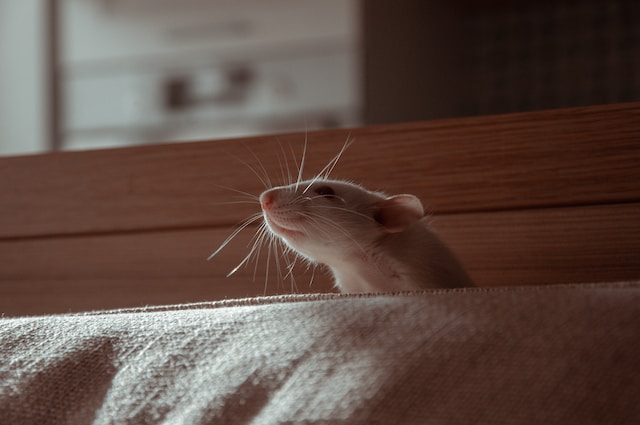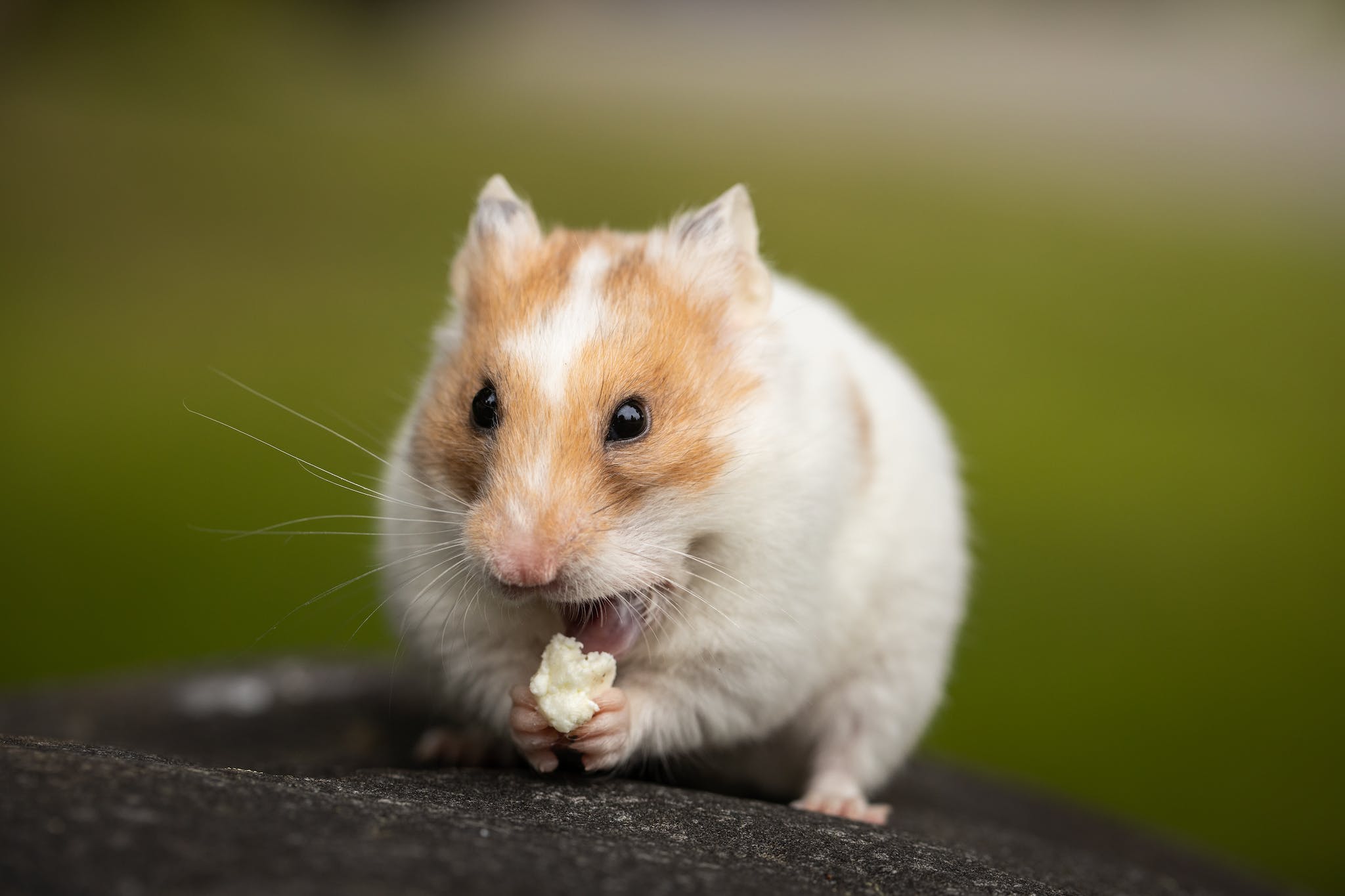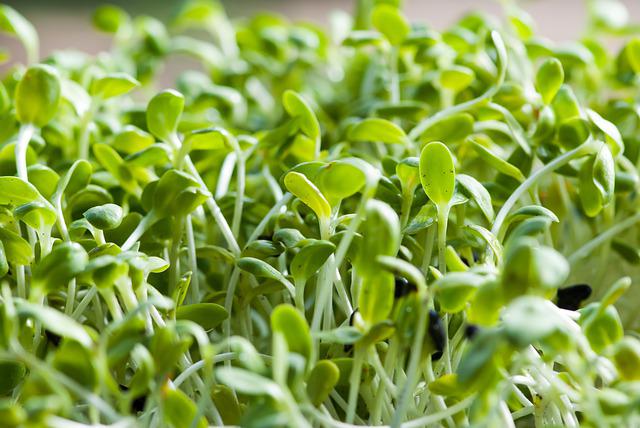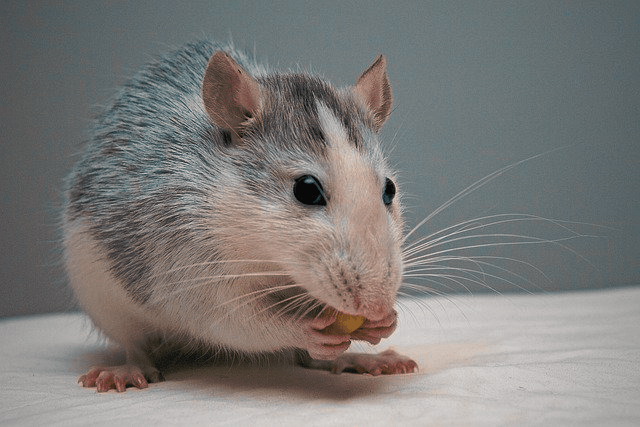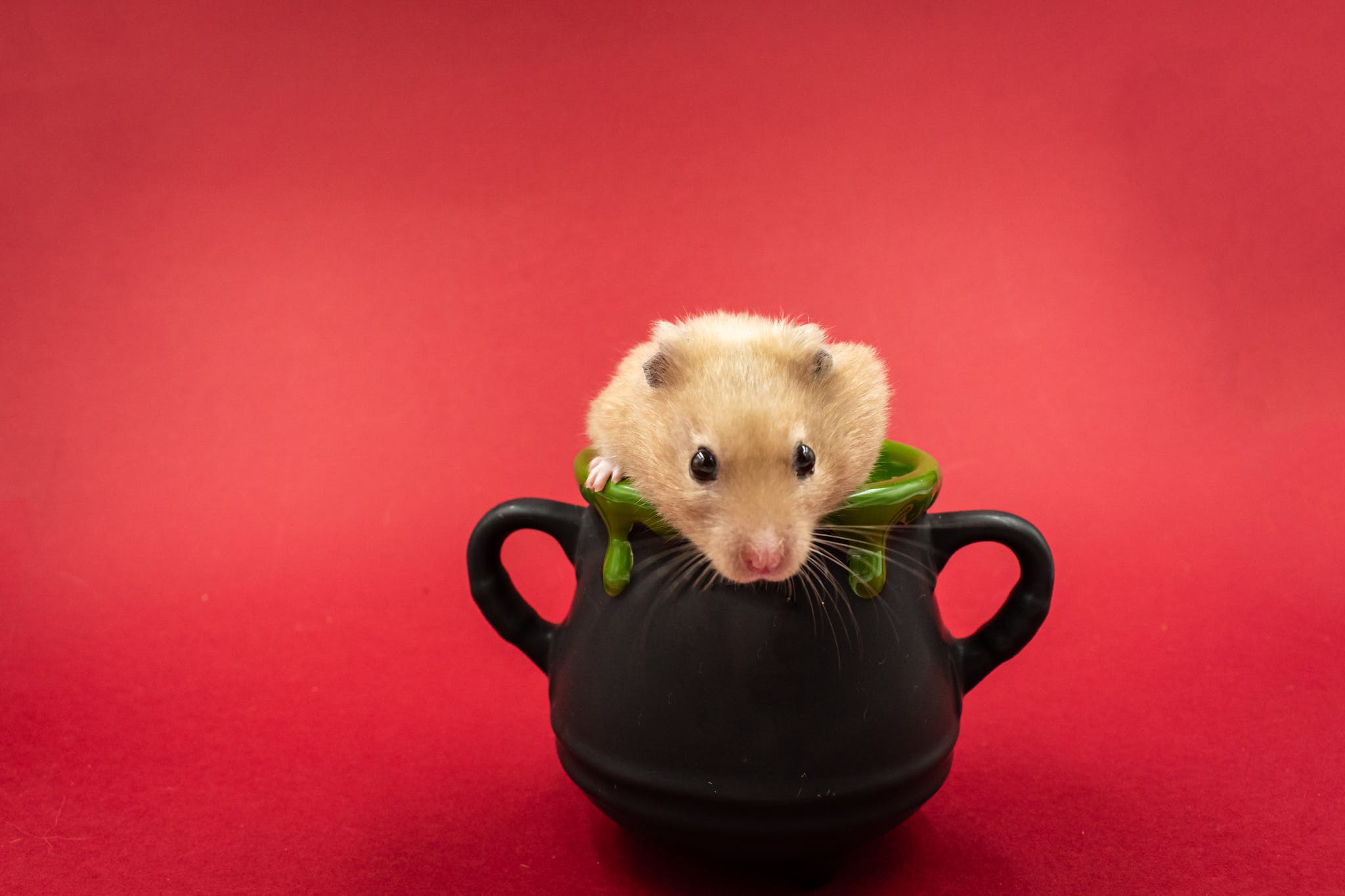Chinchilla Nutrition: From Pellets To Hay
There are some affiliate links below, but they are all products I highly recommend. For more info, view my disclosure here.
Chinchillas are adorable, furry creatures that are beloved by many as pets. However, while they may be small in size, their nutritional requirements are significant. In the wild, chinchillas subsist on a diet of grasses, roots, and seeds, but domesticated chinchillas require a carefully formulated diet to maintain their health and wellbeing.
This article will explore the importance of chinchilla nutrition, with a particular focus on the role of pellets and hay in their diet. Chinchillas are strict herbivores, and their diet should reflect this. A balanced diet for a chinchilla should consist of a high-quality pellet food, supplemented with fresh hay.
Pellets provide essential nutrients, such as protein, fiber, and carbohydrates, while hay is an important source of fiber that promotes gut health. In this article, we will discuss the essential nutrients that chinchillas require, the importance of treats and toys, and the different types of hay and pellets that are available for chinchillas at different stages of life.
By understanding the importance of chinchilla nutrition, owners can ensure that their pets live long and healthy lives.
Diet in the Wild and Domestication
The nutritional requirements of domestic chinchillas, which are strictly vegetarian and fed specially formulated pellets and fresh hay, differ from those of their wild counterparts, which have a limited diet consisting of grasses, roots, and seeds.
Domestic chinchillas have evolved to rely on a more consistent and varied diet, as they no longer need to forage for food in the wild. In contrast, wild chinchillas have adapted to their environment, where food sources are scarce and seasonal.
As a result, domestic chinchillas require a diet that is rich in fiber, protein, and carbohydrates, which can be found in specially formulated pellets and fresh hay.
Unlike domestic chinchillas, wild chinchillas have a limited and seasonal diet, which can lead to nutritional deficiencies. In the wild, they rely on their ability to forage for food, which can be difficult during the dry season.
As a result, they have adapted to consume fibrous and starchy foods, such as roots and seeds, which are available year-round. However, these foods do not provide the essential nutrients that domestic chinchillas need to maintain optimal health.
Therefore, it is important for domestic chinchilla owners to provide their pets with a balanced diet that meets their nutritional requirements.
Essential Nutrients
Essential nutrients required by domestic chinchillas include a high fiber content of 30%, 14-16% protein, and 35% carbohydrates. These nutrients are necessary to maintain proper health and function of the chinchilla’s digestive system.
Chinchillas are strict vegetarians and require a diet of specially formulated pellets and fresh hay to meet their nutritional needs. Pellets are essential for chinchillas to wear down their teeth, which are continually growing. It is important to choose pellets specifically labeled for chinchillas and avoid mixes with additives that may disrupt the nutritional balance. Popular pellet brands for chinchillas include Oxbow and Kaytee.
In addition to pellets, hay is also crucial in a chinchilla’s diet, as it helps keep their teeth in check and provides necessary fiber. Timothy and alfalfa hay are the best choices for chinchillas, and popular brands include Oxbow and Kaytee. Pregnant or nursing mothers, kits, sick or rehabilitating, and geriatric chinchillas may benefit from alfalfa hay, but it should be given in moderation.
Chinchillas should consume more hay than pellets to maintain proper digestive function. Small amounts of dried fruits and root vegetables are also safe for consumption, but treats should be given in moderation to avoid disrupting the nutritional balance.
Treats and Toys
To maintain a balanced diet for domestic chinchillas, it is important to monitor the amount of treats and toys given to them. While small amounts of dried fruits and root vegetables are safe for consumption, treats should be given in moderation to avoid disrupting the nutritional balance of their diet. High-calorie and sugary treats should be avoided altogether, as they can lead to obesity and other health issues. It is also important to choose treats made specifically for chinchillas and to avoid giving them treats made for other animals, as they may contain harmful ingredients.
Chinchillas have open-rooted teeth that never stop growing, which means they require adequate chew toys to wear down their teeth and prevent dental problems. Toys made of safe woods, such as applewood or willow, are ideal for chinchillas to gnaw on. Avoid toys made of plastic or other materials that could be harmful if ingested. It is also important to regularly check the condition of chew toys to ensure they are not worn down or broken, which could be a choking hazard.
By providing a variety of safe chew toys and limiting the amount of treats given, chinchilla owners can help maintain their pet’s overall health and well-being.
